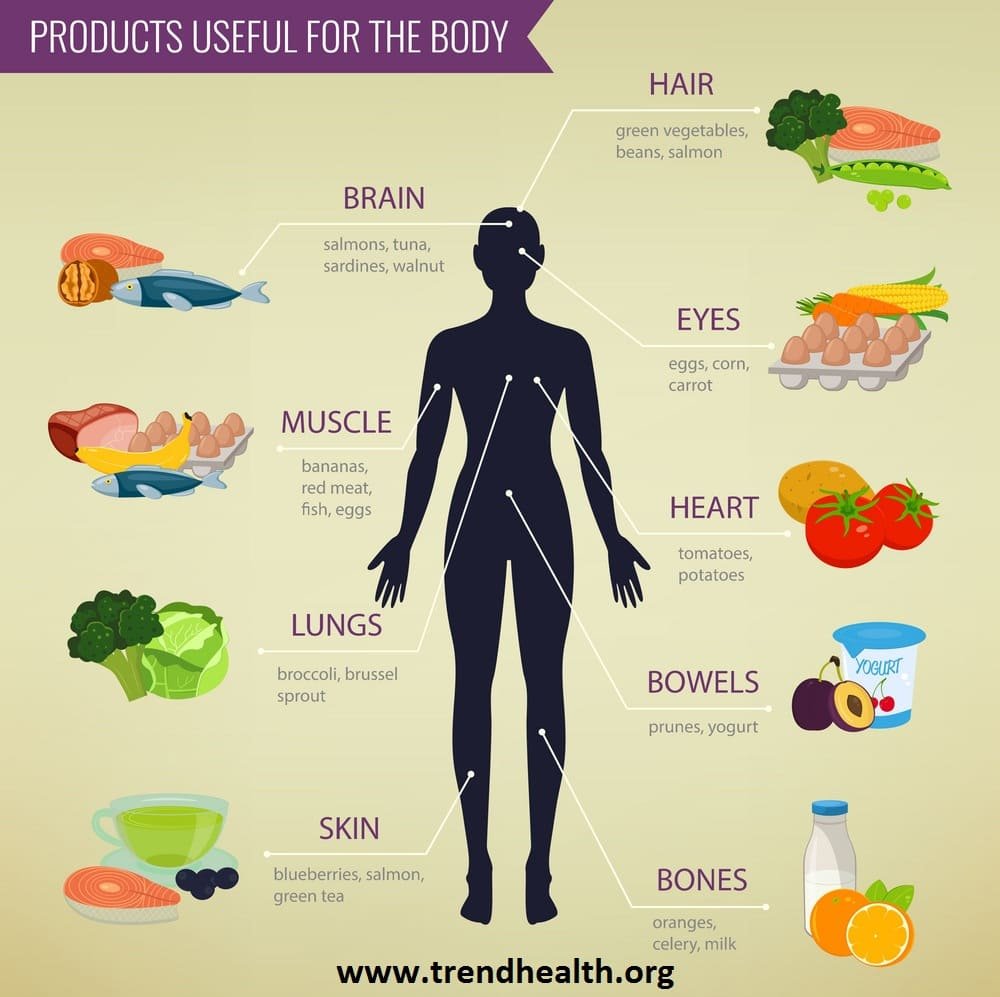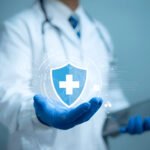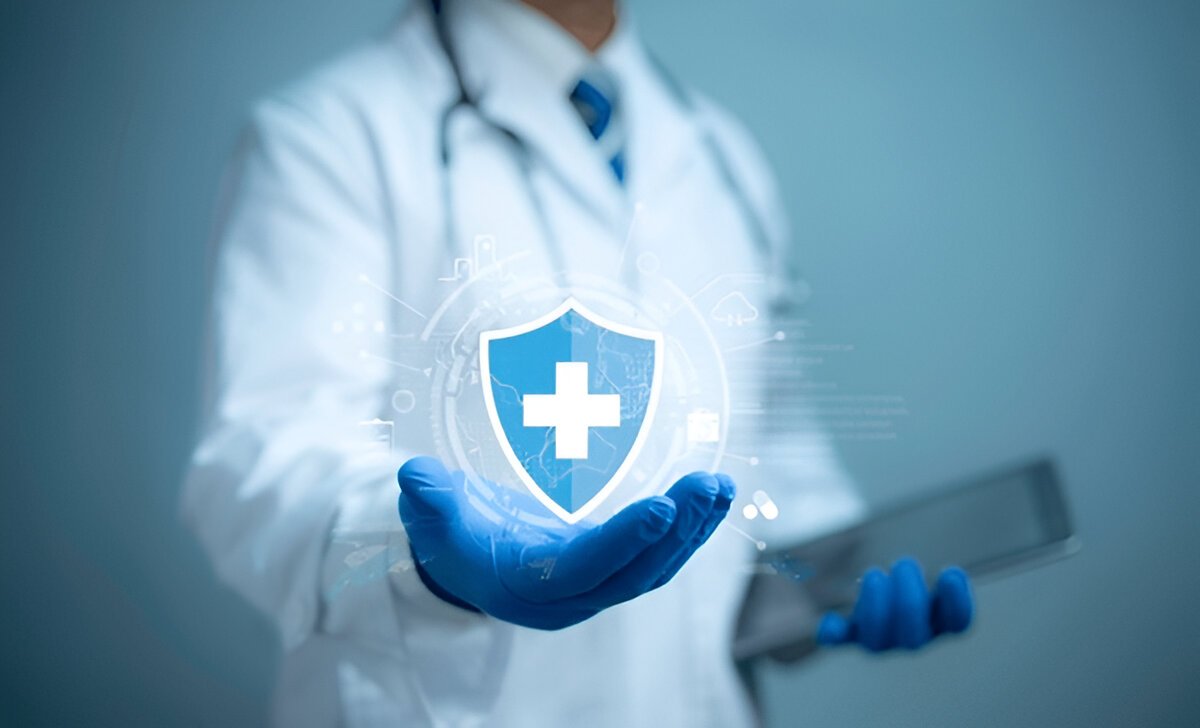Why is nutrition important?
A balanced diet requires you to eat foods each day that are rich in the vitamins, minerals, and health care nutrition that you need to maintain a strong, healthy body. This means eating foods that give you enough calories to maintain healthy body weight. You also require sufficient protein to keep your body built up and repair any damage it may have.
Eating foods that are full of basic nutrients gives us the energy we need to live our daily lives as well as exercise. These nutrients also help our body function properly to rebuild itself.

The Basic Health care nutrition Consist of:
- Carbohydrate
- Protein
- Fat
- Vitamins
- Minerals
- Water
Fruit and Vegetables nutrients
This group supplies many of the vitamins and minerals that are needed on a daily basis by your body.
Recommended daily portions: 5
One portion is considered to be:
- One piece of fruit
- One raw vegetable
- One small glass of juice
Protein Foods
Protein is located in foods such as meats, fish, poultry, eggs, and cheese.
Recommended daily portions: 3
One portion is considered to be:
- Two ounces of meat, fish, chicken, or turkey. A typical chicken leg has about two ounces of meat on it. A typical hamburger patty is three ounces
- 2 eggs
- 2 slices of cheese
- 2 handfuls of nuts
Bread & Cereals
Pieces of bread, grains, and cereals contain high amounts of Carbohydrate, which is your body’s primary energy source.
Recommended Daily Portions: 5
- 1 slice of bread
- 1 bowl of breakfast cereal
- 1 typical plate of spaghetti would be two or more servings
- 1 pancake, waffle or tortilla
- 1 biscuit
- 5 crackers
Dairy Foods
Dairy foods include milk, cheese, and yogurt. They provide your body with protein, vitamins, and lots of calcium.
Recommended Daily Portions: 2
One portion is considered to be:
- 1 average-sized glass of milk
- 1 pot of yogurt
- 2 slices of cheese
5 of the Top health care nutrition Foods
Salmon
Salmon is a great source of protein and Omega 3 fatty acids that are proven to decrease bad cholesterol in your body.
Soy
Large quantities of protein can be found in soybeans which comprise of essential amino acids. They are also an excellent source of calcium, iron, zinc, Omega 3, and fiber. Studies have shown that consuming soy protein can help reduce bad cholesterol.
Greens
Vegetables such as broccoli and green beans contain high amounts of vitamin A, vitamin C, iron, and calcium. They contain few calories and are very filling, which is especially good if you are on a weight loss diet.
Berries hold high volumes of vitamins and antioxidants. They are recommended as some of the most powerful foods for preventing and fighting disease.
Whole Grains
Whole grains contain useful antioxidants and vitamins, some of which are not found in fruits and vegetables.
Tips to Reduce Fat & Cholesterol in the Diet
- Don’t fry vegetables. Try steaming, boiling or microwaving them instead.
- Use Herbs and Spices to season your vegetables, try not to use fatty sauces or butter.
- Use low fat or skimmed instead of whole milk.
- Select lean pieces of meat and trim any remaining fat before and after cooking.
- Instead of frying poultry, fish and other meat, try roasting, grilling or baking it.
- Try and keep egg yolks to just one per serving when cooking scrambled eggs. Use more egg whites for larger servings, but don’t cook more than 1 yolk as they are a high source of cholesterol.











